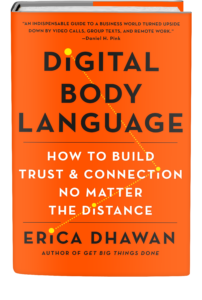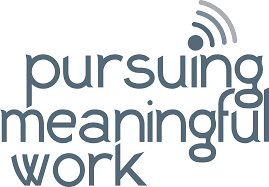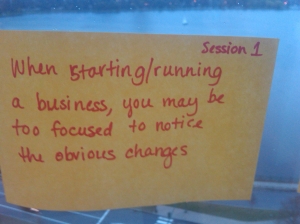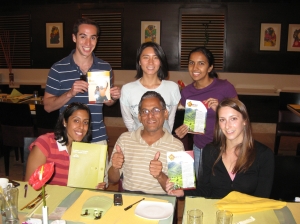Green is no longer just defined as the color of a dollar bill. What surprises me most about working at Deloitte Strategy Consulting this summer is their emphasis on Sustainability (see Enterprise Sustainability and Center for Sustainable Performance.)
According to Wikipedia, in an ecological context, sustainability is defined as “the ability of an ecosystem to maintain ecological processes, functions, biodiversity and productivity into the future. In a social context, sustainability is expressed as meeting the needs of the present without compromising the ability of future generations to meet their own needs. When applied in an economic context, a business is sustainable if it has adapted its practices for the use of renewable resources and is accountable for the environmental impacts of its activities.”
When Lehman Brothers started its Sustainability Initiative in 2007, my colleagues cracked jokes about their launch email, dismissing the entire value of the initiative. 4 years later, now back in corporate America, I am surrounded by an entirely new emphasis on sustainability from corporate employees.
This trend has also emerged after CEOs are rapidly adapting their businesses to very different economic situations and the business case for sustainability is being proved. Leading companies such as Walmart and Patagonia evaluate every step of their supply chain against sustainability criteria such as energy efficiency, recycling, and low impact packaging.
Growing up, I always thought my “social” interests would have to be segregated from professional goals, but more and more I see the integration of them both becoming my complementary asset and my competitive advantage.
To read more about Deloitte’s work in Sustainability, click here.






